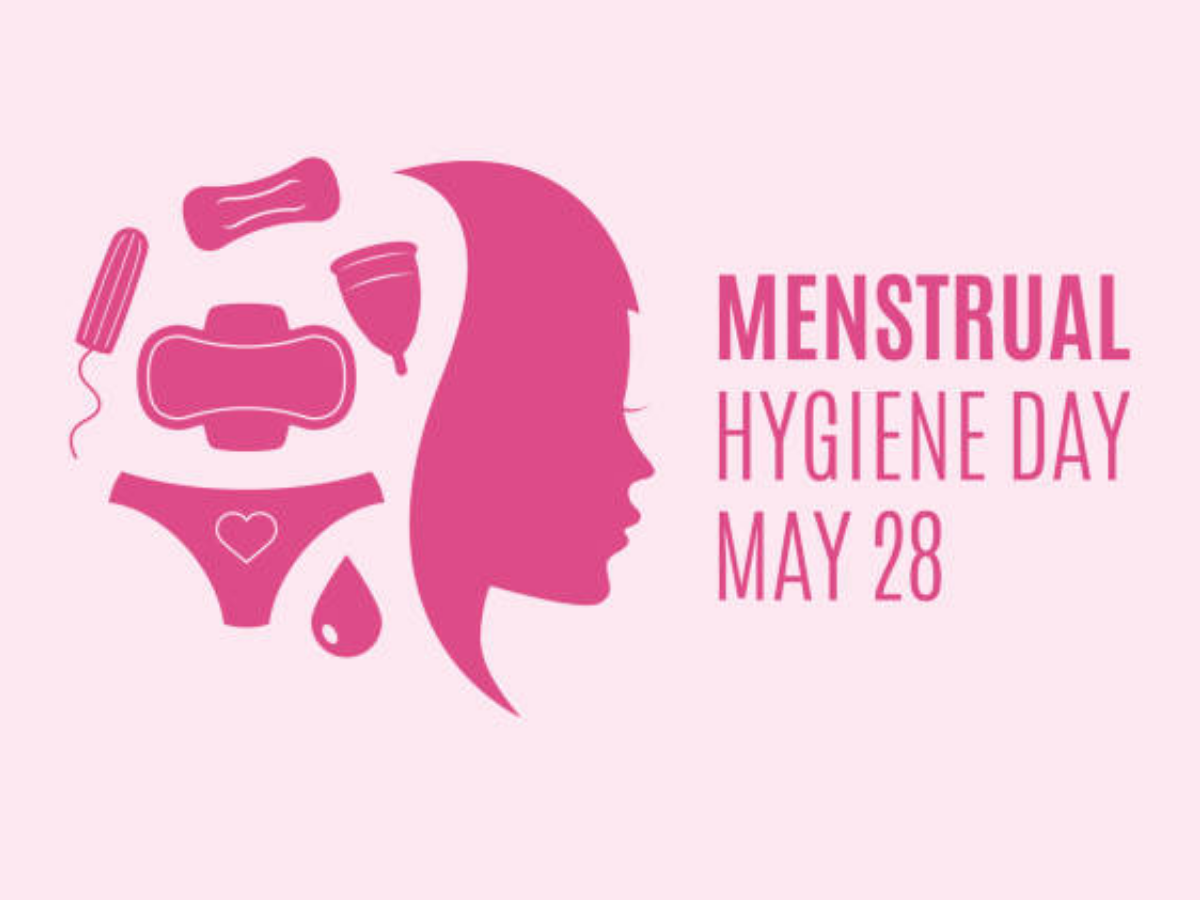
For many of us urban women, menstruation is associated with routine discomfiture, which we learn to manage as we transition from adolescence to adulthood. Our access to sanitary napkins and awareness of hygienic menstrual practices ensures that our monthly cycle has little impact on our personal and professional lives. However, not every girl or woman in our country is as blessed. Around 23 million girls in India drop out of school every year due to a lack of menstrual hygiene management (MHM) facilities, which include access to sanitary napkins, awareness of menstruation and access to clean toilets with running water and disposal facilities.
Inadequate menstrual hygiene management is partly a manifestation of cultural myths and discriminatory traditions which consider this natural phenomenon a taboo. Many girls and women continue to be socially ostracised during their periods; their mobility is restricted, and they are considered impure. Feelings of embarrassment and impurity associated with menstruation are common amongst young girls.
Read: Things women should NOT do on their period
Menstruation is not just a biological phenomenon but a social one and continues to be a barrier to gender equality. Menstrual health outcomes of young women and girls are deeply impacted by their education level, economic status and geographical location. According to the recently released fifth round of the National Family Health Survey (2019-21), the use of unhygienic menstrual methods of protection among women (age 15-24 years) is almost three times that of their urban counterparts. Women in the same age group with no schooling are almost six times more likely to use an unhygienic method. And those from the poorest wealth quintile are ten times more likely to use an unhygienic method.
The unsanitary use of menstrual products increases the susceptibility of young girls and women to fungal, urinary, and reproductive-tract infections, impacting their overall health and well-being. It is therefore imperative that girls and young women have access to accurate scientific information and hygienic practices of menstruation. This includes but is not limited to understanding how periods work, when to expect them, how to manage them, hygienic solutions, where to access them and methods of disposal.
Read: Average age of first menstruation and how parents should handle it
Building clean toilets with uninterrupted water supply in rural schools, ensuring the availability and accessibility of sanitary napkins and imposing mandatory menstrual health classes for both boys and girls can create an enabling environment for girls and prevent them from potentially dropping out of school. We must also ensure that all women have access to quality sanitary pads or other hygienic methods of protection, even in emergency situations.
There is also a need to educate women and girls about the environmental pollution and health hazards associated with the disposal of sanitary napkins. Studies show that a woman generates 125kg of sanitary waste, on average, during her menstruating years when she uses disposable sanitary products. Awareness generation on the use of natural sanitary products made from materials like banana fibre, bamboo fibre, etc., is equally imperative. Civil society organizations and others working with rural women have introduced the idea of setting up low-cost sanitary napkin units, which also provide livelihood opportunities to rural women, but many women and girls in remote areas are yet to be reached. The private sector also has a crucial role to play by funding the installation of sanitary-pad vending machines in secondary schools for girls in rural areas through their CSR initiatives. Such initiatives, along with WASH (water, sanitation and hygiene) and MHM awareness campaigns, have the potential to drastically improve women and girls’ menstrual health outcomes. Finally, educational institutions and workplaces must consider the option of menstrual leaves for those women and girls experiencing extreme pain and discomfort during their periods.
An informed discourse around menstrual hygiene has gained momentum in recent years, but we have miles to go before we achieve our ultimate goal of ensuring that every woman or girl has an understanding of her menstrual health needs and access to related products and services. On this National Menstrual Hygiene Day, let us pledge to ensure that menstruation will not be an impediment for our young girls and their aspirations.
Author: Sanghamitra Singh, Senior Manager, Knowledge Management and Partnerships, Population Foundation of India







